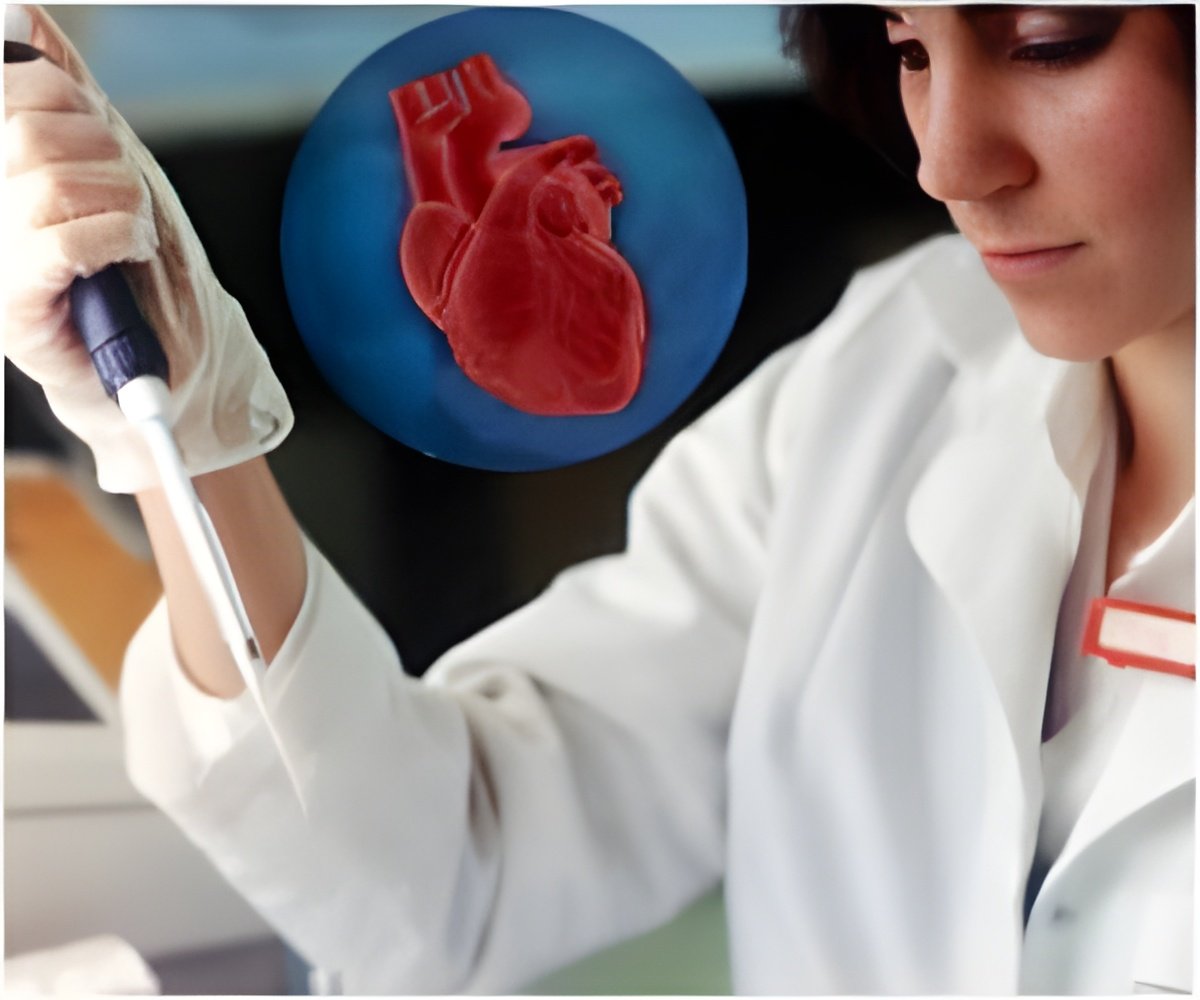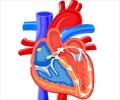
Consistent with previous studies, tests showed that the injured hearts with the human cardiac cell grafts had improved mechanical function.
More surprisingly, these hearts showed fewer arrhythmias than did injured hearts without such grafts.
"We showed a couple years ago that transplanting human embryonic stem cell-derived heart muscle cells improves the pumping activity of injured hearts," said Dr. Michael Laflamme, UW associate professor of pathology and a member of the UW Center for Cardiovascular Biology and the Institute for Stem Cell & Regenerative Medicine.
"In this recent paper," he explained, "we show that the transplantation of these cells also reduces the incidence of arrhythmias [heart rhythm disturbances]."
Laflamme and Dr. Charles E. Murry, UW professor of pathology, bioengineering and medicine, Division of Cardiology, were the senior authors of the paper. The lead authors were Drs. Yuji Shiba and Sarah Fernandes in the UW Department of Pathology. Shiba is also from the Department of Cardiovascular Medicine at Shinshu University in Japan.
Advertisement
Source-Eurekalert














